I’ve been working on my science-fiction trilogy for almost ten years now. (Whew, it seems like an eternity!) I started writing it at fourteen years old, and often dreamed of being like Christopher Paolini and becoming a famous published teenager.
Now, looking back, I am so, SO glad I didn’t get published back then!
My story, my writing, and my characters were weak. Of course they were! I was a newbie.
Right now I’m working on version 5.3 of the first book, and to my surprise I realized that this is the first time I’ve really found my main character. MY MAIN CHARACTER! Some of the side characters were pretty strong. But my main protagonist was just a little flat, shallow, predictable…weak. It’s been astounding and exciting to see him grow from a two-dimensional nice guy to a much more driven and engaging protagonist. No wonder this book is still unfinished. I had a weak character, and he was the one practically running the show!
If you’re a young or inexperienced novelist (or even a more experienced one!), let’s face it – you probably have at least some characters who are weak.
But that’s okay! There are many ways to work on this problem, and it’s really exciting when you start seeing your characters better and expressing them more deeply as you learn your craft. In a minute I’ll talk about some of the ways I’ve learned to find my characters and make them stronger. First, here are some red flags that should signal to you that your characters are weak…
Your Characters Might Be Weak If…
1. You don’t really know what they want.
We’ve all heard (I hope) that characters need goals, or should want something really badly. That’s where plot comes from! Goal + Opposition = Conflict! But I used to have a hard time figuring this out. What did my characters want? All I could come up with was, “Well, they want to glorify God in everything.” Soooo perfectly Christian and inspiring! But incredibly weak. That’s not a “goal!” That’s simply the reality of being a child of God indwelled by the Holy Spirit. And if we’re honest with ourselves, when are any of our motives ever that pure? Pretty rarely. If your character’s “goals” are vague, generic, or aimless, your character might be weak.

Don’t let your character be like this…or at least not for the whole book, please!!
2. You can’t imagine them doing something bad (or good!).
If they’re just too pure to commit evil, if they never get themselves in trouble, always do what’s right, and don’t ever lose their tempers or say something unkind…then your character is too perfect and totally unrealistic. Conversely, your villain may be weak if you can’t imagine any inkling of good in him or her. The strongest characters reflect human nature – and human nature is a mixed bag. Even the best human being (besides Jesus Christ!) is flawed, and even the worst are redeemable (though they may reject that offer of redemption!).

(But they really shouldn’t be in books either!)
3. They all talk/think/pray the same way.
Sometimes this is hard for us to gauge as writers, but a perceptive reader will usually pick up on it. Instead of having unique ways of speaking and thinking, maybe your characters are all deeply emotional, or all talk in snarky banter, or all pray the same kinds of prayers following the same format and using the same phrases. Real people are all different (that’s where a lot of conflict – and therefore plot! – comes from). Characters should be different too, in more than just their looks and habits.
4. They don’t change, learn new things, or grow.
If there’s no discernible difference in their attitudes between the beginning of the book and the end, you are probably lacking a character arc. (There are some character arcs where the character changes the world rather than the world changing them, and that’s called a flat arc, but even these characters should be challenged in their viewpoints during the story.) A story about a hero doing heroic things and then ending the story as a hero is probably…pretty weak.
5. They never fight.
Going along with #1 and #2, if a character doesn’t really know what they want and is too perfect to do anything wrong, they will be passive characters. When you have real people that want things and aren’t perfect – fights happen! Unkind words are exchanged, and grudges are held. Even the closest and best relationships in the world will be marred by occasional disagreements…and in a book, complete peace and love between the allies is kinda boring!
6. They never surprise you…or, you don’t really know why they do what they do!
Strong characters are consistent – but that doesn’t mean they can’t surprise you! Sometimes when I really know a character they will do something completely unexpected. Those times are delightful, because usually I can understand exactly why they did it, even if I didn’t see it coming. But if I never know what a character is thinking or why they do what they do, that’s a big problem. If there’s no logic behind your character’s behavior, they might be weak…and on the flip side, if they are rote and predictable, that’s also a red flag.
7. They are unnaturally resilient.
Let’s say you have a healthy, happy, well-rounded character who functions well in society…and then it turns out they were abandoned by their parents at six years of age and grew up in terrible foster homes?? That doesn’t compute! If your character has suffered in the past, they are bound to carry scars that affect other parts of their lives. My trilogy’s main characters are orphans, and in some earlier drafts they were way too well-adjusted for teens whose parents died in a mysterious car fire during their formative years. It’s been a little too much fun a learning experience “messing them up” for my revisions. 😉
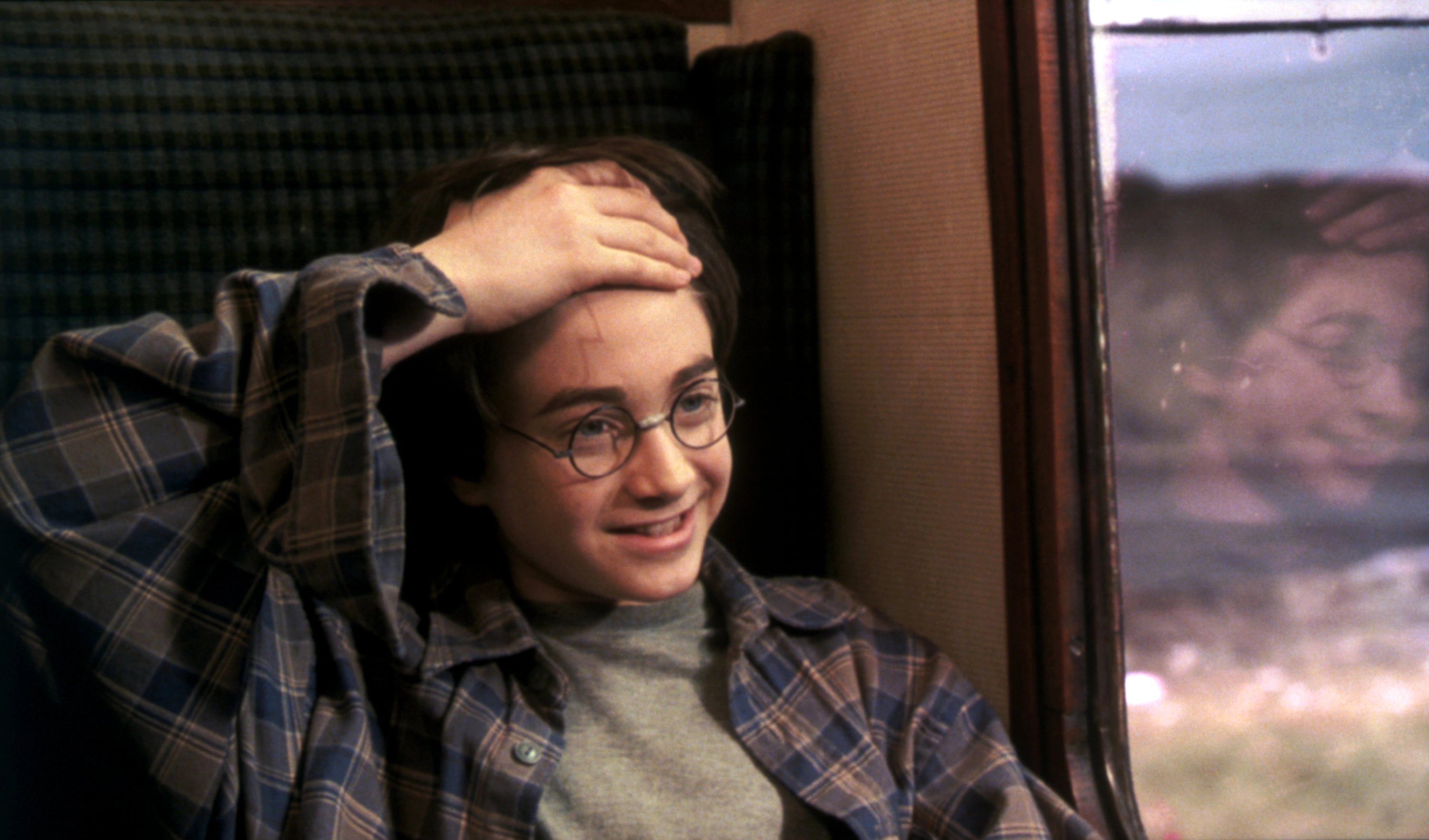
Odds are your character isn’t half this happy to show off their scars.
Ways to Find Your Characters and Make Them Stronger!
Over the past 10 years, here are some things that have helped my characters really stand up, break out of their boring shells, and come into their own.
1. Keep getting older and learning.
Yeah, I know…frustrating. Getting older and gaining life experience isn’t something you can make happen. It takes time. I put this here to reassure you that if you feel like your characters are shallow – it will get better! The older I get, the more I notice and understand human nature, and that experience makes its way into the pages of my books. In addition to the richness that comes from getting older and wiser, you can also expand your awareness and experience by reading a lot, watching movies and TV with good character development, and just plain ‘ol people watching. Pay especially close attention to the age group your characters fall into. If you’re a YA writer, hang out with teens when you can. Etc.

2. Find out what they have to lose!
You MUST know what your characters want. If you are fumbling with vague responses like, “He wants to save the world,” dig deeper. WHY does he want to save the world? Because his girlfriend lives in it? Well, why is she so important to him? What does she fulfill in his life? What could your character NOT STAND to lose? What would they rather die than lose? – or, what would they die to gain? When human beings feel threatened, when what we cherish most or desire most is at stake, that is when the interesting stuff happens and our true nature flares up. Passivity will kill your characters! Give them something to pursue.

“Who’s been digging up my nuts??” (Beatrix Potter reference. Yeahhhhh, I’m a mom of littles.)
3. Let your characters make mistakes.
Like overprotective parents, we sometimes want our protagonists to always do the right thing, to be a good example to others in everything, and “do us proud.” Let them loose! Let them make mistakes. Let them sin and repent and deal with the mess. Let them grapple with tough emotions. They will be stronger for it.

4. Study Myers-Briggs Typology.
If you’re unfamiliar with Myers-Briggs theory, here’s a good place to start. MBTI has become a valuable part of my writer toolbox! Don’t just learn the basics of what the letters stand for, though – dig deeper. Find out about cognitive functions. Learn the difference between Fe and Fi, Te and Ti, Se and Si, Ne and Ni. Learn some theories about “shadow functions.” Practice typing people around you and learn how to use MBTI to understand others better. It’s a lot of information at first and seems confusing, but when you become familiar with the theory it starts to be a natural part of your thought process.
If your character stubbornly refuses to be typed, odds are you could be writing them inconsistently, you could be pushing them into a personality that’s really not their own, or your own personality could be intruding into theirs and coloring over them (my ENTJ protagonist acted like a semi-INFJ for years because of this). Again, let them loose and see where they naturally go.

Image from: http://cdn4.sportngin.com/attachments/photo/0851/3230/MBTI_chart_3_large.jpg
5. Fill out character profiles.
Some writers find extensive profiles annoying or overwhelming. You don’t have to fill it out all at once. Consider keeping one around and adding to the categories as ideas come to you, or just keep a simple character document with info you can refer back to. Focus less on tertiary details like their favorite color, and instead really brainstorm their backstory. Even if it never comes up in the story, it’s where they came from and should be very important to you as the author. Here is the character profile I made for myself, which is detailed but streamlined – it’s downloadable!
6. Learn about character arcs.
K.M. Weiland’s series is a good resource for this and I’ve found it extremely helpful as I write this (hopefully last!) draft. Don’t just have a hero doing hero-y things and ending as a hero. Let him grow from weak to strong. Show her development. Challenge him. Bring him or her to the depths of despair, and pour more despair on top, before letting them rise from the ashes.

Image from: http://www.musik-therapie.at/PederHill/images/Struct1.gif
7. Find out what creates conflict between people – including friends.
We all know of a protagonist and an antagonist, but it’s also important to bring out the things that rub your protagonist the wrong way with his or her comrades and friends. Try to figure out what about each character might drive another character nuts…and then let that happen, especially in stressful times! It’s how the real world works.

Don’t be this writer, gentle soul though you may be!
8. Get comfy with how they think and talk.
Find one of those questionnaires people pass around the internet, and fill it out using your character’s voice. Do a stream-of-consciousness style document of their thinking process. Fill out a journal. Get comfortable and familiar with the way they think and speak.
9. Write short stories to spotlight them.
Especially if you’re working on a weak side character, writing a short story from their point of view can be very enlightening. Choose an important piece of their past to write about, or something about their story that doesn’t come into the actual book. Have fun with it, and apply what you learn to the real story too.
10. Make sure to give them quirks.
Every character should have some quirks. That doesn’t mean every character should be weird, but there should be something about them that distinguishes them from other characters. Imagine that you had to make a minimalist painting of your character (like this one of Hermione Granger), or represent them on a book cover with a single object. What might that look like? I confess I’m still working on this for some of my characters! The point is, don’t make them an average Joe. Give them some distinguishing features, mannerisms, habits, and possibly also favorite items they hold and/or use frequently (like my character Josh, who has a beloved brass pocket watch). Make them unique!
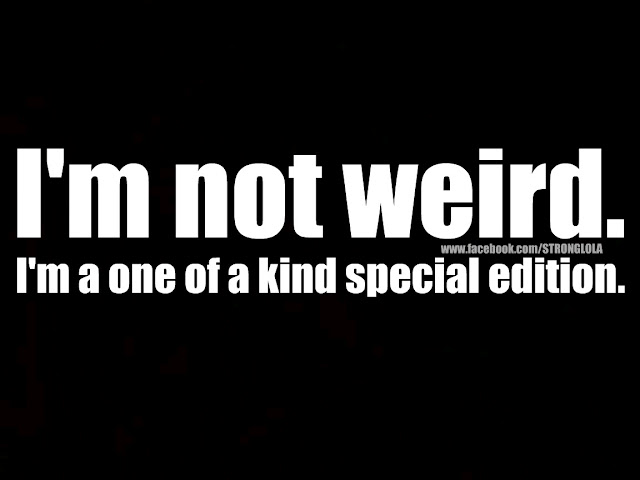
11. Be realistic about their baggage.
Don’t let them be ridiculously resilient! If they have a sordid past, read up on real people with similar troubled histories. Find out what it’s truly like to be an orphan, to be abused, to be blind, or deaf, or whatever difficulty your character has faced or is currently facing still. (That’s one criticism I have of Harry Potter. Harry grew up under the staircase with cruel relatives beating him down all the time, and yet he’s totally honorable, brave, and selfless in almost every way? I know it’s youth fiction, and he’s certainly not a flawless person, but it still strikes me as odd that he wasn’t more “messed up.”)
I have a character with an awesome robotic arm – yet it wasn’t until recently that I researched amputees in order to write a short story about her history. I was stunned at how little I had really thought about her “baggage” before! There was a lot of it to explore as I wrote that short story. Before she had the cool prosthetic, she had to go through the trauma of losing a limb, and I’d never really considered before how traumatic it had been! Sure, scars can make a character look cool. But don’t just throw them onto your characters like neat stick-on tattoos. Remember that getting that scar really, really hurt, and probably still hurts to this day…and understand and portray your character accordingly.
*
What are some examples of weak or strong characters? Have you found any other helpful ways to get to know your own characters? I’d love to know about them! (The ways, but the characters too!)
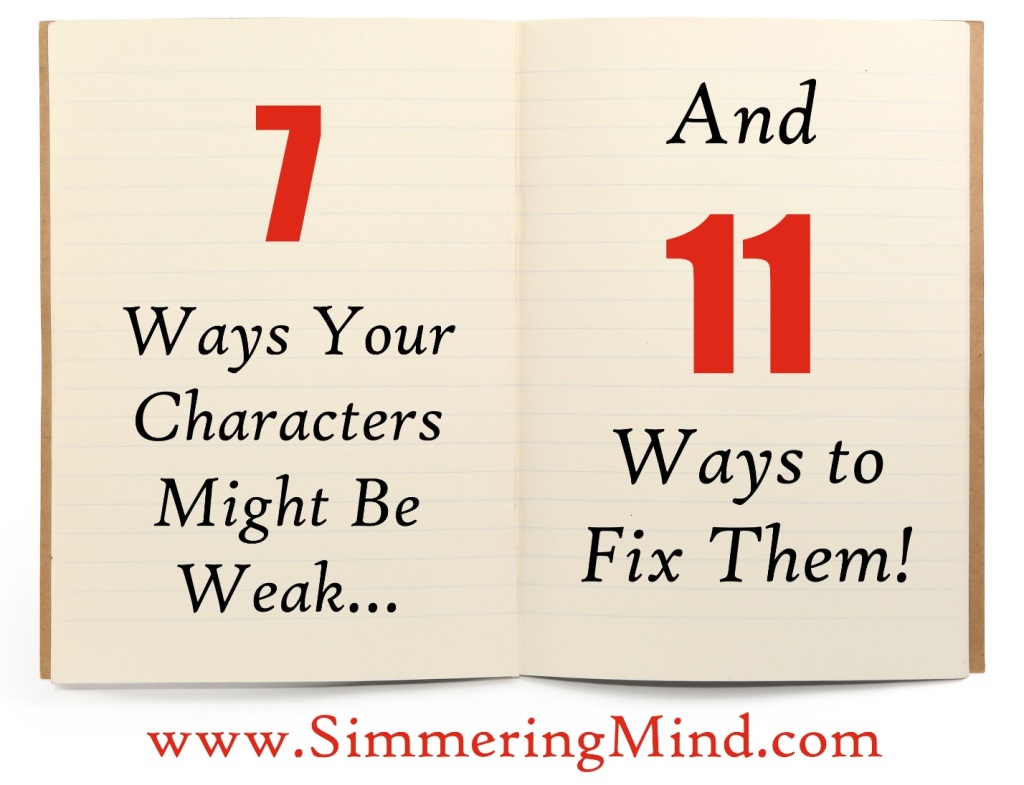
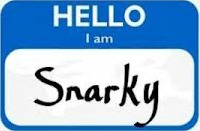
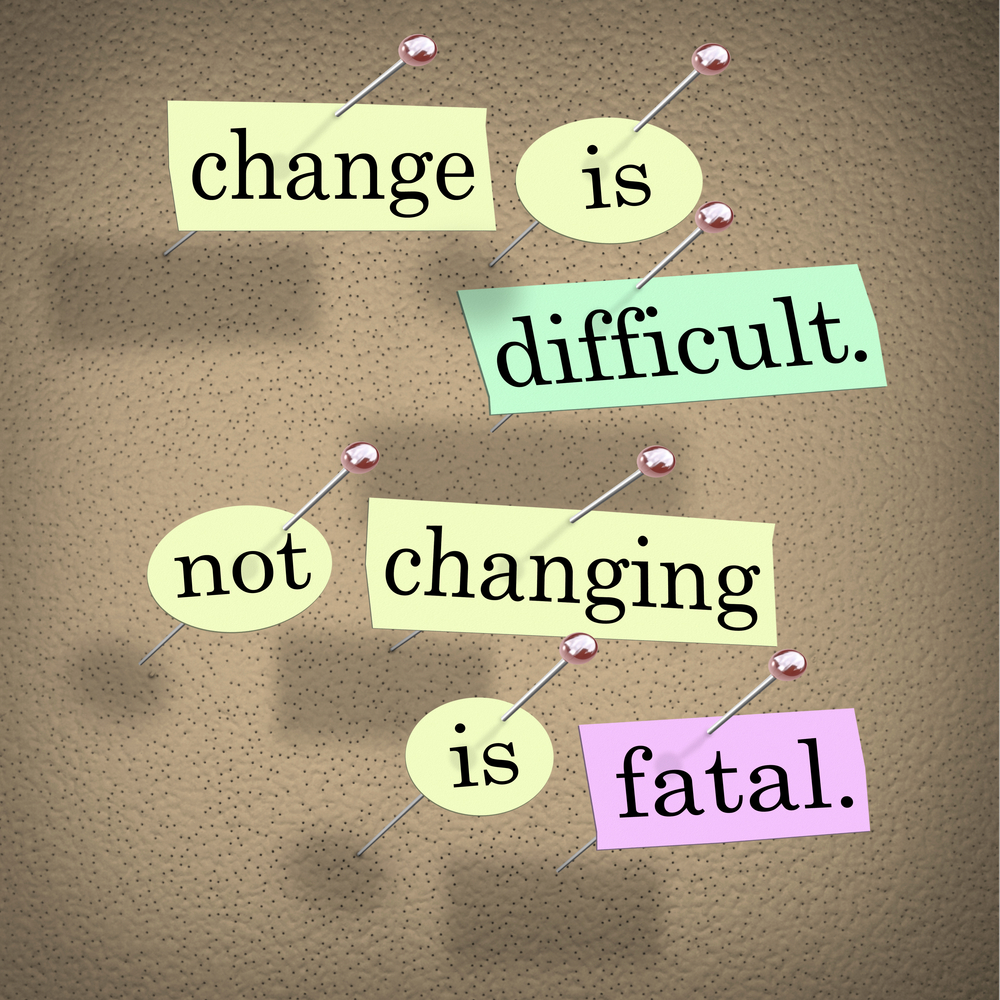





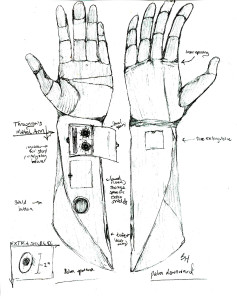

Excellent tips! I’m going to share this with my writing class. They are all young girls (14-18) and this might help them and encourage them. Also, it cracks me up because in my fairy tale I basically asked what does everyone have to lose and then took that away from them across the board. Everyone has like the worst things happen to them. But, that’s consistent with my writing style. I tend to kill off the one person that was most important or something like that. lol. That is not my weak point. I do think I need to work on ally conflict a bit more. My allies tend to be a pretty cohesive unit probably because I don’t like conflict between my friends and family. I’m a peace maker.
Also, I keep trying to get the myers-briggs stuck in my head and can’t. I keep forgetting what I am…lol. I need to spend some time brushing up on this! Thanks again!
Haha, that sounds like a fantastic exercise, taking away what every character is most desperate to keep! Love it. 😀
Ah, once you understand Myers-Briggs it becomes FAR easier to remember all the letters! I’m curious to know what you test as. ISFJ? INFJ?
I usually, depending on the test, get ESFJ though I have gotten ISFJ as well. The E tends to suit me a little better. I read one article about the ESFJ that said they are oddly both Extroverts and Introverts. That’s totally me. I love people. I love being with people, but I have no problem being on my own as well. I can be very happy as a loner. 🙂 It’s called the care-giver and that’s me to a T. 🙂
I call my first book the apocalypse book, because for a small handful of people it is their apocalypse. My first alpha reader sent me a hate text when she got done with it, which I took as a very good sign. 🙂
Ahhh, you should connect with BlondeRJ (the other commenter on this thread)!! She is dying to find other ESFJ writers!
I think we follow each others blogs. 🙂
Maybe we should connect on FB. 🙂
I love this!
Especially the Myers-Briggs typing, of course. I think it helps immensely in writing. Type your characters, and make sure they’re not all the same. Or all like you! It’s great to have a main character who’s the same type as you – because you can probably write them better – but not all of them should be. Make sure you find other people with that personality and get notes on how they speak, think, act, etc. That helps in the “different ways of speaking” department, as well, which a lot of authors really struggle with. *I* don’t speak sarcastically. Ever. I’m not good at it. My husband doesn’t like to speak much at all. 😛
My brother loves humor and being clever. If we were all in the same room, it wouldn’t be one nicely scripted snark battle. It would be my brother spouting humor and weird thoughts, me murmuring politely and boring (Probably) and my husband just listening, every now and then punctuating the conversation with a wise thought.
THAT’S realism. 😀
I’ve never had them be all the same before! And it’s actually pretty rare for them to be INFJ’s. Do you think that’s a common problem? – writers making all their characters their own type?
YOU don’t speak sarcastically? Really? Do you mean in real life? I think you’re plenty sarcastic online… 😀
I’m *goofy* online. Not sarcastic. 🙂 I say what I mean, but I say it in goofy, or often negative ways. I think of sarcasm as being clever too. Like having that perfect retort. I’m not very clever. I’m just wordy and ranty. Hahaha.
YES. I think many authors write themselves over and over again. “Me the Hero!” “Me the villain!” “Me the parent.”
It gets old. 😛
Loved these. Great suggestions and great ways to explore your character’s weaknesses. My characters started off too perfect too… It’s been fun watching them grow. =D And it’s nice to go through your check list and just nod. “Yup… yup… yup…” XD
Thanks! I’m glad you liked the post. It’s good to know I’m not the only one who had perfect characters in the beginning.